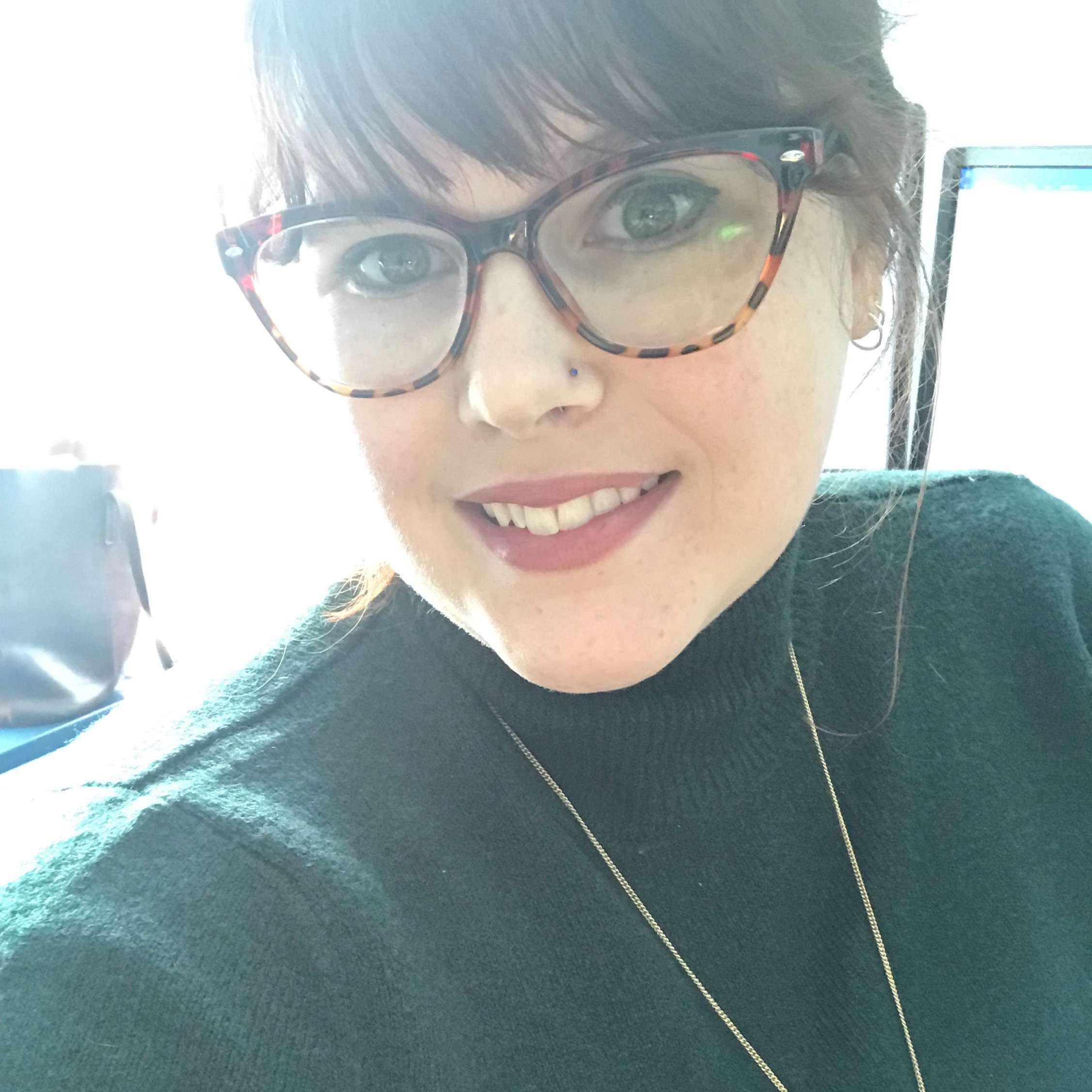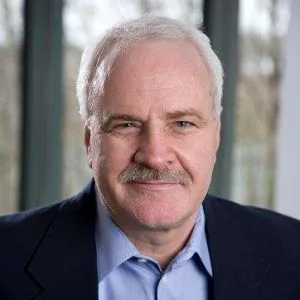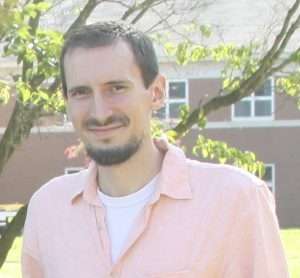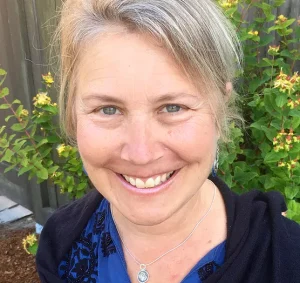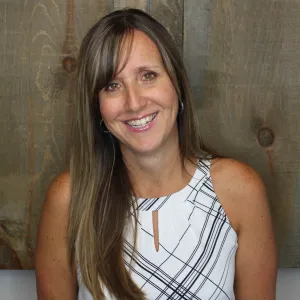Editorial Note:
This profile of Grace Morris, MA is presented as part of a larger project with the intentions of: 1) providing students with examples of applied sociology, 2) providing market value to sociological skills and services, and 3) promoting the work of individual sociological practitioners and organizations. Please explore our full directory of Profiles in Applied and Clinical Sociology.
Grace Morris, MA
Grace Morris began her social science training by earning her B.A. in History and Anthropology from the University of Cincinnati. She continued her education to earn her M.A. in Sociology from Northeastern University. She works “with researchers to develop and tailor strategies to sustain highly functioning multi-disciplinary collaborations (with a focus on the practical steps).” Grace also helps “researchers translate their broad research agendas into research projects with an eye for how to frame their research for extramural funding.” Additionally, she connects “faculty with internal and external resources and services.”
When we asked Grace how she established herself as an applied sociologist, she told us,
While in graduate school, I focused my energy on developing and acquiring skills in applied research methods and in the literature of the sociology of health and illness. Following graduation, I was hired as a lower level version of what I now do. I was able to take much of what I learned in school, especially around program evaluation, social psychology, and especially health, to the new position. Over time, I was able to expand my repertoire of skills to include translating the sociological literature of the social processes of collaboration and team formation towards developing practical steps for team-based research.
Grace Morris, MA
Grace also provided the following information for those interested in employment with her organization:
On the programmatic side, much of the work we do demands excellent communication skills. Holistically speaking, this includes writing, visual representation, and speaking clearly and with the audience in mind. Experience working with faculty from multiple disciplines including clinicians is a plus.
For more insight and advice from Grace on pursuing a career as a practicing sociologist, read the full interview below!
Using Sociology in Practice
To begin, can you briefly describe the work you do as an applied or clinical sociologist?
I work at a health-focused research institute at a large research university. Much of the work I do is building and facilitating faculty from across disciplines and skillets to form teams around specific public health issues (such as the opioid epidemic or more recently, COVID19). I also work with early career faculty with their research-based needs, helping connecting them with resources, mentorship, and training. I also provide training in best practices around developing teams, finding funding, and cultivating relationships with mentors. Lastly, I oversee the evaluation of these services and consider how they can be improved.
In general, how do you use sociology in practice?
As a sociologist, I ground my work in two major tenets: 1) human health is an outcome of a myriad of forces from the biological to those grounded in social inequality; 2) science is a thing people do and is therefore not outside of the dynamics or considerations of interaction, culture, or social structure. By maintaining this structural and process-oriented mindset, I am able to work iteratively toward long-term outcomes, maintain a broad view of the dynamics of interaction, and always keep the pernicious issue of social inequality in mind when advocating for resource allocation.
How do you use sociological research methods in practice?
Much of the work I do has to eventually demonstrate impact—sometimes this impact isn’t visible until years later. For me this comes down to weaving data collection throughout a program or service-based interaction in the form of surveys, interviews, and then iteratively pulling data from internal and external databases to demonstrate process-based and outcome-based levels of success. Taking a decidedly mixed-methods approach to program evaluation, my goal is triangulate the analysis of qualitative and quantitative data as I plan and revise services and programs.
Lessons for Future Practitioners
What types of courses should undergraduate students take in preparation for a career similar to yours?
Classes that introduce logic of inquiry are critical (the more variations the better). I would also argue its important to have a structural lens on health and illness. Also, think about taking a class in digital media, learn to code, and maybe even take a creative writing class.
What types of courses should graduate students take in preparation for a career similar to yours?
Statistics, program evaluation, some coursework on the social determinants of health and illness, qualitative methods, and sociological social psychology. Take a class in data visualization or graphic design—it is surprisingly helpful!
What types of experiences should undergraduate students seek in preparation for a career similar to yours?
Getting research experience is fantastic, but often universities have work study programs that allow students to shadow someone like me—they might be in “research development” or they might be research librarians. Working in a university or public library would be an excellent experience that helps birth a creative spirit for support and a development mindset.
What types of experiences should graduate students seek in preparation for a career similar to yours?
Getting experience with program evaluation is very good. This could be with a different department at a university, a non-profit, a university program/office, or as a research assistant to a faculty member. Working with faculty in a different discipline on research is a also huge benefit to becoming a more nimble collaborator and communicator.
What advice do you have for aspiring applied and clinical sociologists?
Never presume that your training is complete or that what you know is irrelevant. If you see someone doing something exciting, interesting, or impactful—send them an email and tell them that even if they seem like a ‘big deal.’

